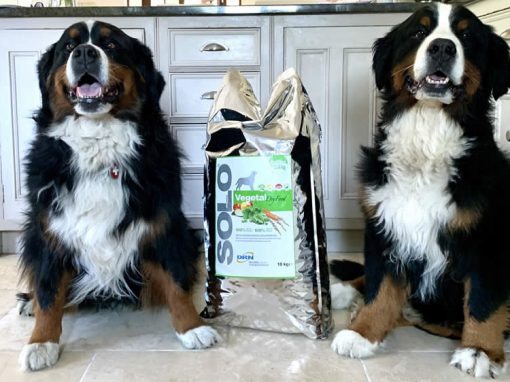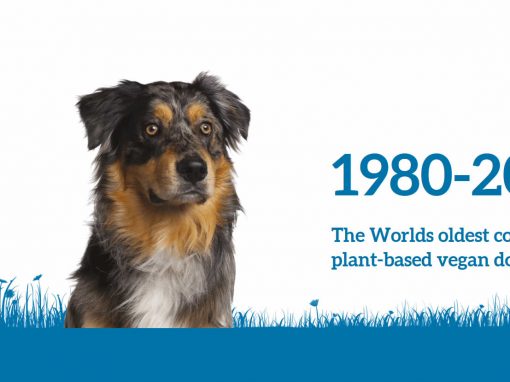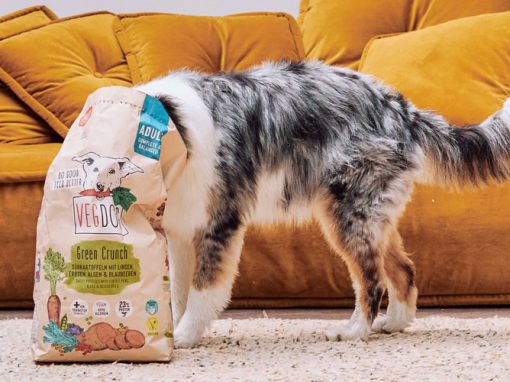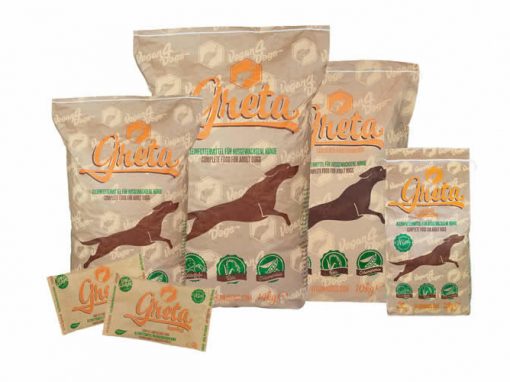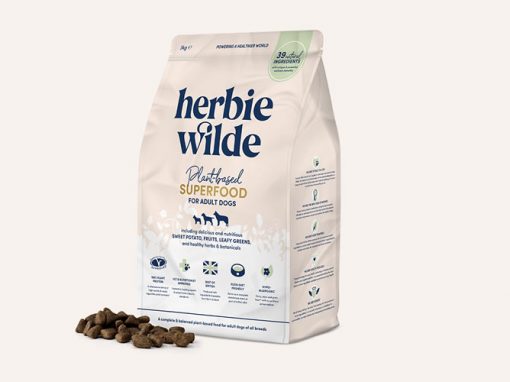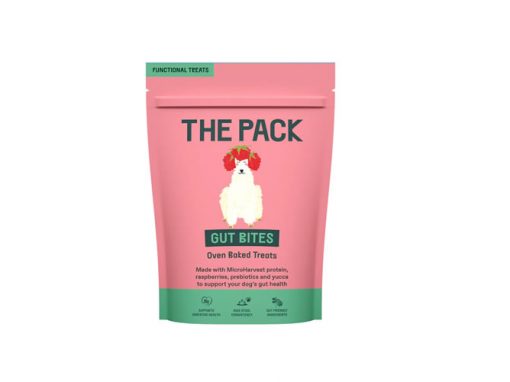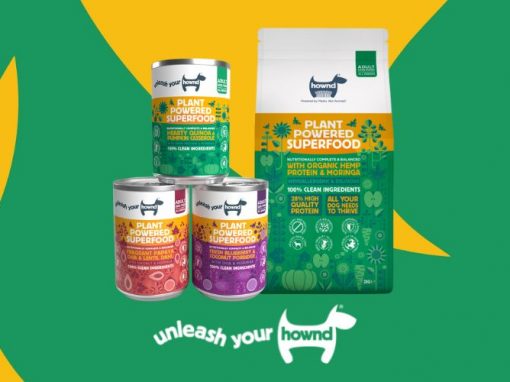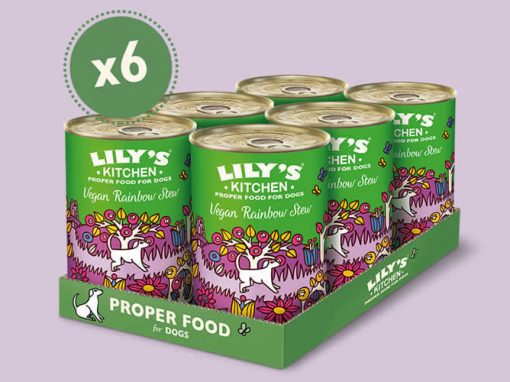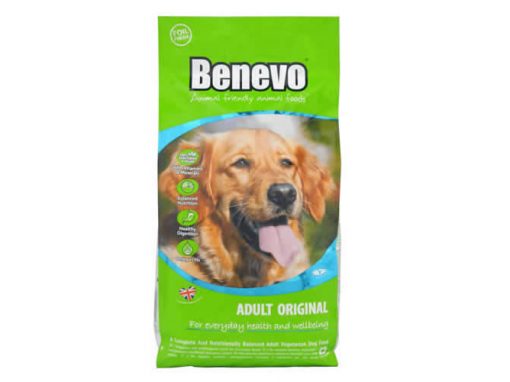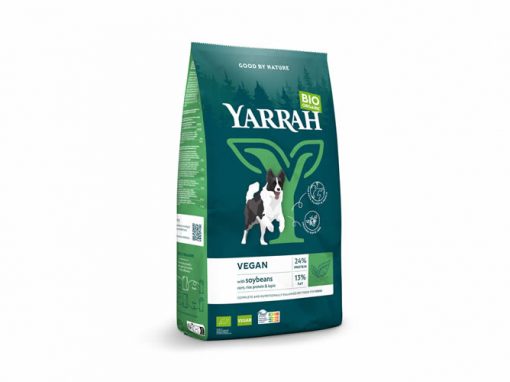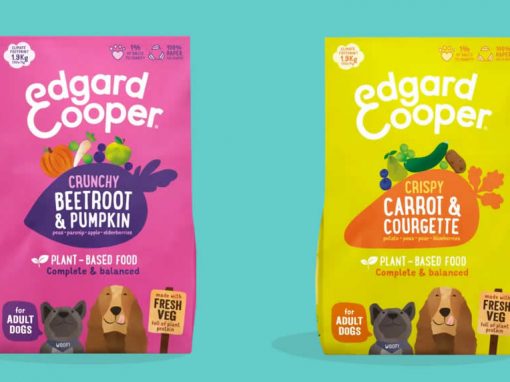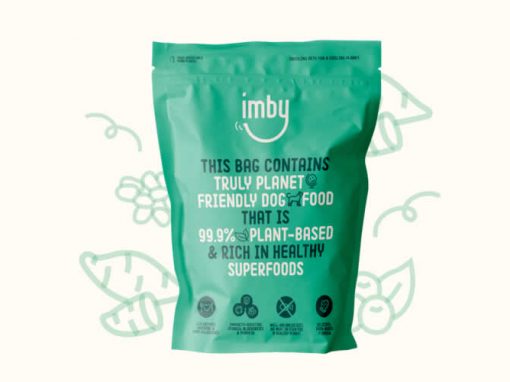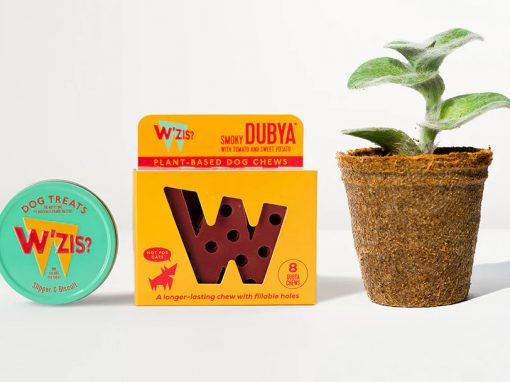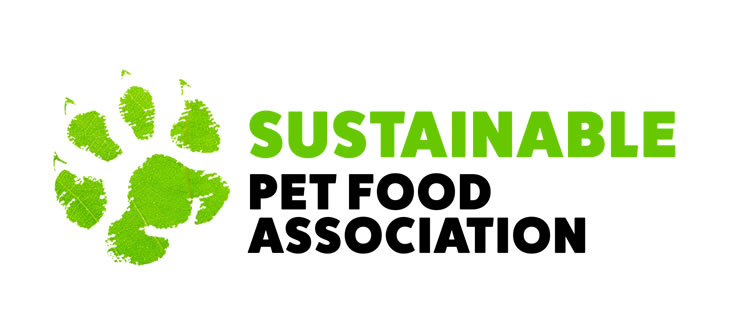What an impossibly difficult task the British Veterinary Association have each year when they have to decide if they should be advising that vets recommend dog owners feed their dogs a diet made with no meat, fish or chicken proteins at all; just balanced with sustainable plant-based proteins.
Small animal nutrition knowledge is something that almost all vets lack, with only one vet school in the UK having a Board Certified Nutritionist on its panel. It is a given that when discussing pet diets with owners, vets will recommend the foods from Royal Canin (owned by Mars Petcare), or Hills (owned by Colgate-Palmolive), or Purina (owned by Nestle).
The same will happen with what the board at the BVA and each President each year are advised from whoever sponsors them. We have had Presidents in the BVA each year who are chosen for their ethics and value sustainability and animal welfare above everything, but their decisions will definitely be swayed.
How difficult it must be, to each year have to criticise plant-based dog food and not recommend it due to lobbying from Mars Petcare who have no vegan foods in their Royal Canin range. See proof of conflict of interests in the image below from November 2021 when the BVA and Vet Record launched an entire sustainability magazine supplement which was fully sponsored and associated with Mars Petcare (and made no mention of dog food as a way of reducing the carbon footprint of pet owners).
With this conflict of interests, in 2023 the BVA ceased its public statements opposing vegan pet food and established a working group to review its position on companion animal diets, including vegan diets, and finally in 2024…..
British Veterinary Association ends opposition to vegan diets for dogs and says it IS possible to feed dogs a plant-based diet!
On 24th July 2024, the BVA ended its opposition to (nutritionally-sound) vegan dog food diets, publishing an article and policy position on pet diet choices. The new policy by environmentally aware current President Dr Anna Judson confirmed that:
“It is possible to feed dogs a plant-based diet…”. She did not attempt to determine the ‘best’ diet for individual pets but rather, “focuses the attention on vets supporting pet owners to ensure they are meeting their pets’ nutritional needs as well as meeting the lifestyle choices they choose.”
Interestingly, the BVA noted that 42% of companion animal vets reported they had clients who feed meat-free diets. The switch to such diets is being driven by concerns about the health, environmental, and farmed animal welfare impacts of meat-based diets.
Considering pet health, by mid 2024, 10 studies in dogs had demonstrated equivalent or superior health outcomes using (nutritionally-sound) vegan or vegetarian diets. These included large-scale studies, studies using veterinary clinical examinations, diagnostic tests and laboratory data, and studies reporting veterinary health assessments, as well as owner opinions (which were recently found to be uninfluenced by diet choice, also increasing confidence in their reliability).
When considering environmental benefits, the key study in this field recently found that a global transition toward nutritionally-sound vegan diets for the 471 million pet dogs owned worldwide in 2018, would provide major environmental benefits.
If all pet dogs were transitioned, it would save more greenhouse gases than produced by the entire UK. Transitioning pet dogs would allow 450 million people to be fed – greater than the entire EU population. And around seven billion farmed land animals would be spared from slaughter annually, or 9% of the global total, with significantly higher proportions in countries with high pet ownership, such as the UK or US.
Stated Prof. Knight: “It is commendable that the BVA has finally ended its unscientific opposition to (nutritionally-sound) vegan dog diets and has noted the environmental benefits that plant-based ingredients may provide.”
What does UK Pet Foods say?
UK Pet Foods took a stance in 2022 to promote raw feeding with a raw feeding certification stamp, and heavy promotion of raw feeding companies. The latest BVA feeding guidelines warn owners and vets alike about the potential dangers to both their health, the pets health and the planet’s health with the guidelines shown below from their document
Thankfully, UK Pet Foods have also recently published a sustainability handbook to help pet owners. It explains very clearly the potential dangers to our planetary health of the continued use of high meat diets.
What Nutritionally Sound Vegan Dog Food Diets are Available in the UK?


